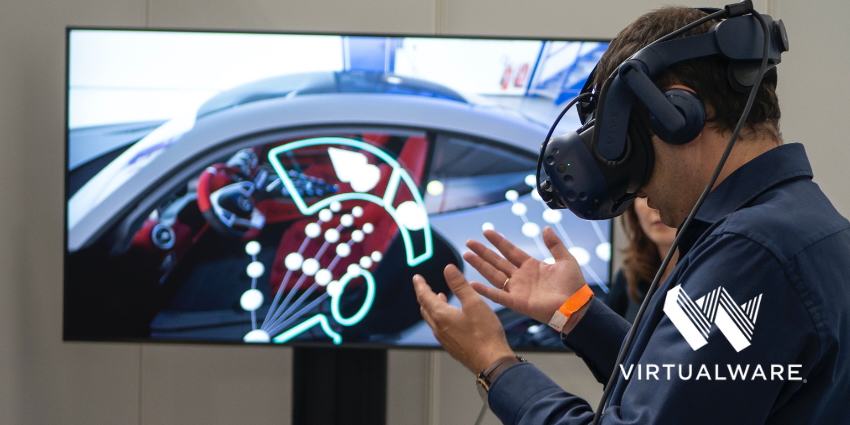Extended Reality and its derivatives are not just about headsets or immersive environments; technology has a far wider reach than face value considerations entail.
By combining XR with advanced robotics, the MASTER European project aims to advance Industry 4.0 training, which in turn signals XR’s broad applicability.
The MASTER consortium brings together seven partners from three European countries:
- LMS from the University of Patras
- Tekniker
- DFKI
- Virtualware
- Teaching Factory Competence Centre
- Alecop
- ESCI
These organisations collaborate to develop and validate a comprehensive XR ecosystem for teaching robotics in manufacturing.
Panagiotis Karagiannis, Project Coordinator, said:
“MASTER’s aim is to empower the teacher by providing innovative XR-based tools. We want to make teaching more interesting for the students by conveying the lessons more easily and more efficiently.”
Laying the Groundwork for XR-Powered Industrial Innovation
The MASTER project leverages the existing XR ecosystem with an open XR platform that integrates key functionalities for creating safe robotic environments, programming flexible robotic applications, and implementing advanced interaction mechanisms.
At its core is an open XR platform (built on Virtualware’s VIROO), which integrates:
- Safe robotic environment creation
- Flexible “programming-by-demonstration” workflows
- Advanced interaction mechanisms (e.g. gaze-based control)
This shared platform underpins all training content and will be enriched by third-party contributions via Open Calls.
Open Calls
To validate and expand the platform, MASTER has run two Open Calls:
In early 2024, the first open call awarded 17 projects that have since been integrating new XR functionalities, spanning safety and ergonomics tools, haptic feedback systems, scenario-authoring editors, digital twin simulators, and maintenance support, into the platform.
The current Open Call 2 (2025–2026) is underway. It invites educational institutions and XR developers to create and test new robotics training content. Successful teams will develop and validate their solutions through mid-2026 with support of up to €100 000 per project.
An overarching goal of both calls is to add cutting-edge features and validate the platform and its content from both technical and user-centric perspectives.
Maria Madarieta, R&D Manager at Virtualware, added:
“Virtualware contributes to the MASTER project with the development of the Open XR platform, which is going to be the core of the project itself, where the other partners are going to integrate and interact with their technologies.”
“The platform is created for users who don’t know how to create XR content themselves,” Madarieta stated.
Madarieta also said, “It’s designed and developed to give them the opportunity to gain the knowledge, through content, lessons, and sessions, that can be used directly within the platform.”
As the MASTER project enters its final year, the consortium remains focused on its core mission: To validate and promote the responsible use of XR technologies in education and training.
By supporting pilot activities and engaging with a wide community of stakeholders through its two open calls, MASTER aims to build evidence-based, inclusive, and impactful XR practices across Europe.
The project’s final phase will concentrate on consolidating results, sharing lessons learned, and ensuring that its outcomes continue to inform and inspire the future of immersive learning beyond the project’s lifetime.
According to Grand View Research, the global immersive training market was valued at USD 16.4 billion in 2024 and is projected to grow at a CAGR of 28.3 % from 2025 to 2030, reaching roughly USD 69.6 billion by 2030.
A slightly more conservative estimate from Global Market Insights puts the 2024 market at USD 11.9 billion, with a 22.4 % CAGR forecast through 2034.
With such a fruitful vision for future growth in the immersive training market, getting ahead of technology shifts is paramount for long-standing firms like Virtualware.
The MASTER project shows an understanding of the immersive market’s future. Therefore, Virtualware, alongside its project partners, will likely rise above as the decade continues.







